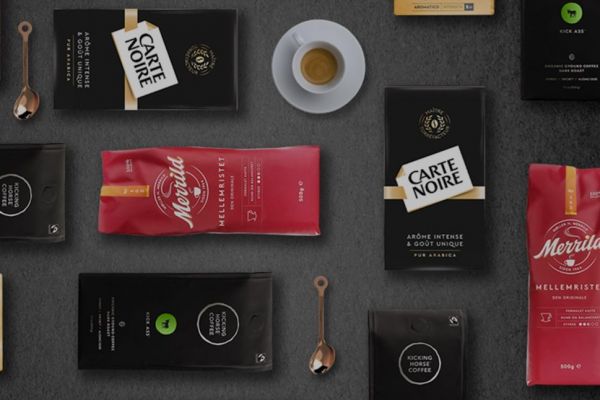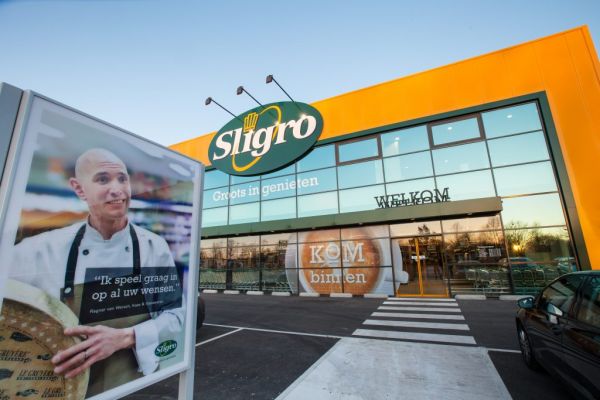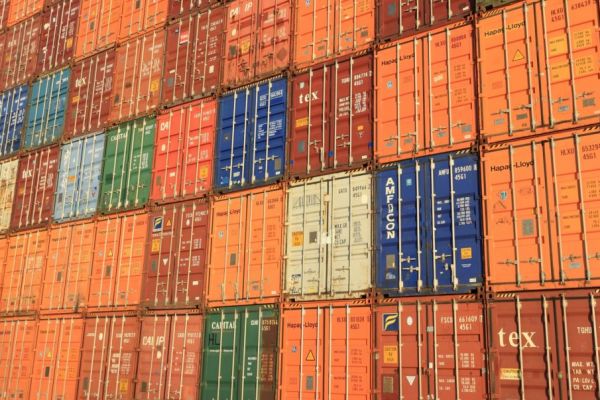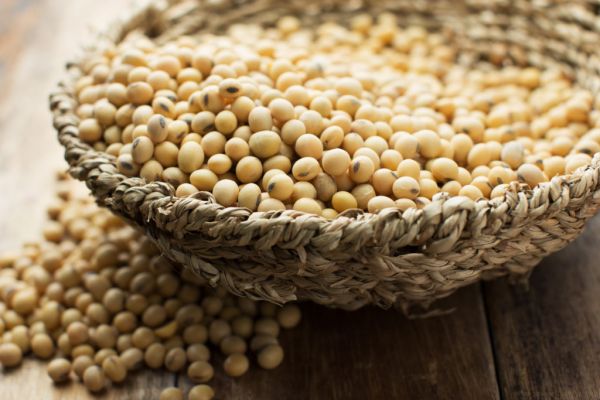Nespresso is extending its coffee buying in Colombia by going deep into previously conflict-hit regions after the Andean nation signed a peace accord last year that won a Noble Prize for President Juan Manuel Santos.
The unit of Nestle, the world’s largest coffee company, plans to purchase as much as five times more beans from the Caqueta region next year as part of a $50 million investment in sustainable high-quality production, the company said in a statement.
Sourcing will reach San Vicente del Caguan, a community that was once at the centre of armed conflict.
Santos signed the peace deal in November 2016 to end a 52-year conflict with guerrillas of the Revolutionary Armed Forces of Colombia, or FARC.
That’s allowed Nespresso to buy beans from previously inaccessible areas and launch limited-edition capsules from Caqueta earlier this year named Aurora de la Paz, or Dawn of Peace.
"Coffee will be a dividend of peace in Colombia," Santos said in an emailed response to questions. "The end of the conflict is opening up opportunities for rural development, and as we see today with the announcement from Nespresso, post-conflict Colombia is attractive to foreign investors."
Expansion
The country is already the third-largest coffee producer and No. 2 in the more-expensive and milder-tasting arabica variety.
Expanding plantings to former conflict areas may boost production, with the nation targeting 18 million bags in a few years, according to Santos. That’s up from last year’s 14 million bags, which each weigh 60 kilograms. Arabica coffee futures have dropped 5.3% this year.
Nespresso will firstly work to improve production and boost quality from farmers already in the region, Chief Executive Officer Jean-Marc Duvoisin said. Caqueta has a unique climate, with beans grown at low altitudes, low temperatures and high humidity, giving the coffee fruity notes and fine acidity.
"The first stage is to help the current farmers to work better their coffee, so that they have better quality coffee," Duvoisin said in an interview in Geneva.
"When you buy the lot for the first time, you reject about 50%. If you work with them, little by little you can get to 80% and sometimes even 100% but normally 80%. So that means they get more money."
500 Growers
Nespresso’s agronomists are already working with more than 500 growers in Caqueta to implement the company’s sustainability program, which includes improving yields and quality.
Growers in conflict-hit areas are returning to farms abandoned years ago, so investing in training and providing technical assistance will be key to producing high quality beans, Santos said.
Many farms are also currently growing the coca that was used to finance the FARC. Coffee may provide a good alternative for those looking to move out of illicit crops as it provides a good level of revenue, Duvoisin said, citing the premium Nespresso pays over futures prices for better beans.
Expanding production further also requires state assistance as land ownership in many of the regions is unclear after years of instability, he said. Giving land to former guerrillas who want to return to civil society may be an option.
"It’s much better for them and for the country that they go back to rural areas," he said. "Coffee farming is a good option for them."
Nespresso is working with the Colombian Coffee Federation to implement sourcing in San Vicente del Caguan. Typically grown at higher altitudes, Colombia’s arabica beans are prized for their flavor as global demand keeps expanding and tea-drinking Asia turns to coffee.
"It’s the high quality of Colombian coffee which will be a key driver of further foreign investment," Santos said.
"In many of the regions that were previously impacted by conflict, the experts still have much to discover. I am confident that those regions will contribute significantly to our coffee production and coffee will bring better life quality and progress to those communities."
News by Bloomberg, edited by ESM. Click subscribe to sign up to ESM: The European Supermarket Magazine














